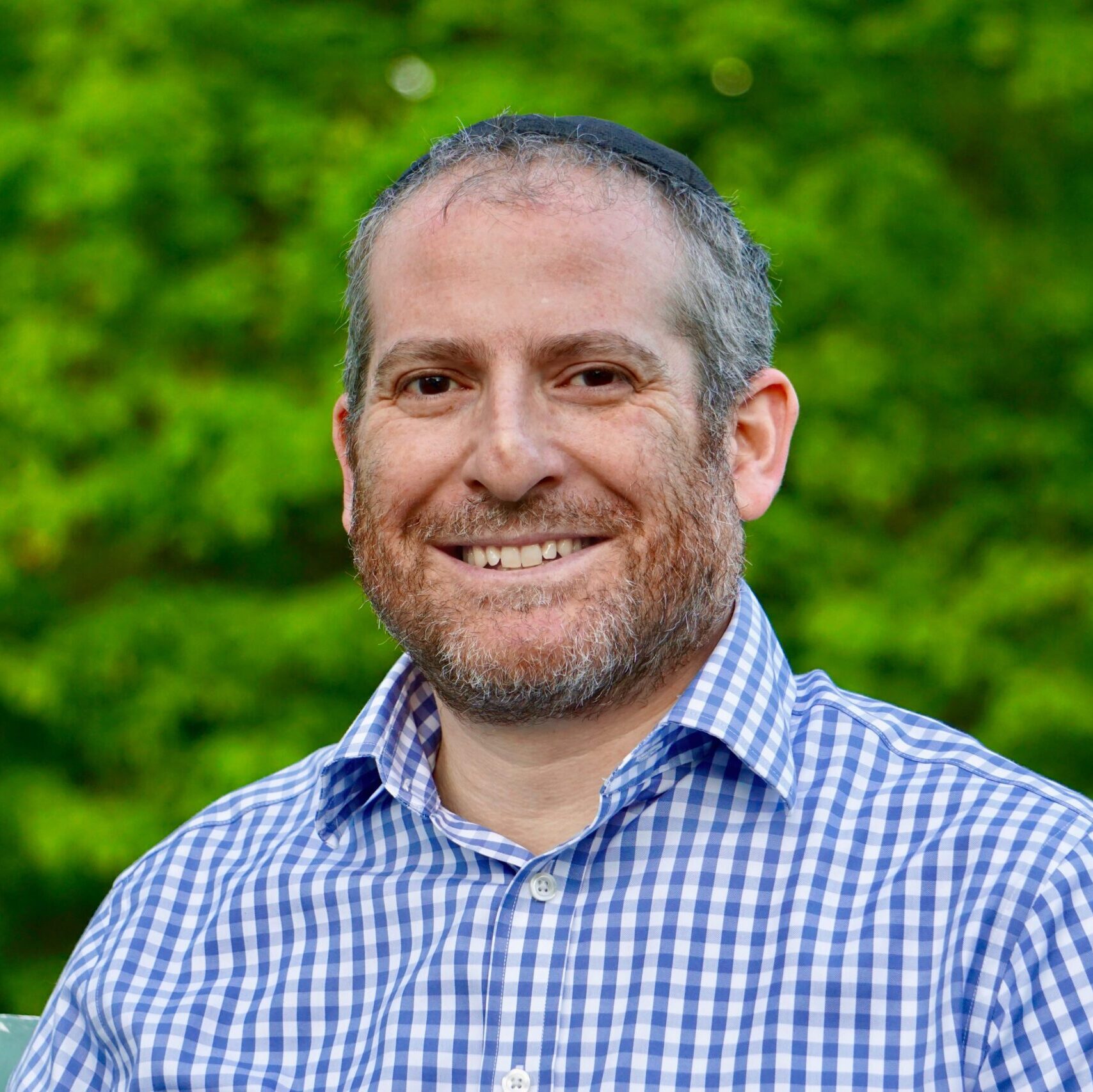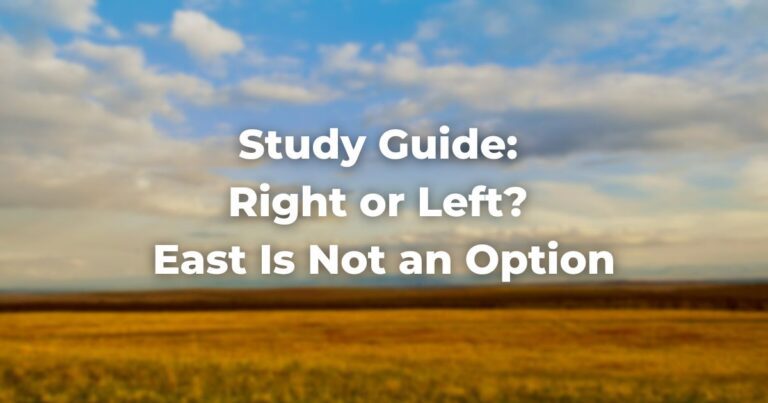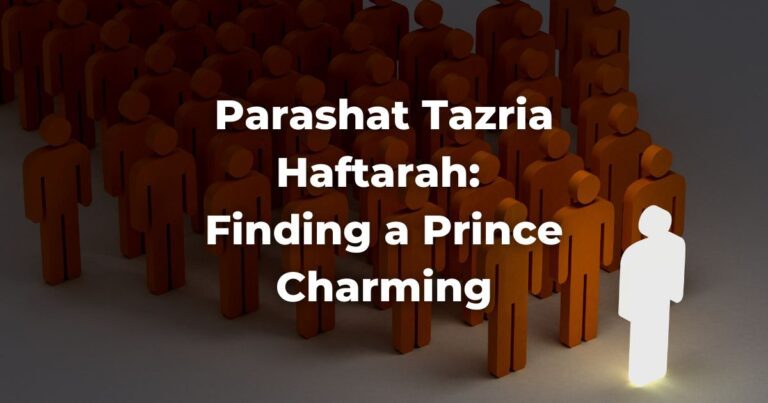I’m saying it right out – Esav gets a bum rap.
Let’s look at the few verses describing Esav and Ya’akov from birth to their early maturity:
When her (Rivka’s) time to give birth was at hand, there were twins in her womb. The first one emerged red, like a hairy mantle all over; so they named him Esav. Then his brother emerged, holding on to the heel of Esav; so they named him Ya’akov. … When the boys grew up, Esav became a skillful hunter, a man of the outdoors; but Ya’akov became a mild man, a tent dweller. Yitzhak favored Esav because he had a taste for game; but Rivkah favored Ya’akov. (Genesis 25:24-28)
The JPS translation replaces the term ‘tent dweller’ in favor of ‘raising livestock.’ The TorahRefers to the first five books of the Hebrew Bible, the Tanakh, also called the Five Books of Moses, Pentateuch or the Hebrew equivalent, Humash. This is also called the Written Torah. The term may also refer to teachings that expound on Jewish tradition. Read more and subsequent biblical texts express an implied preference for shepherds.
It’s all over the place: Avraham, Yitzhak and Ya’akov, Rivka, and Rachel (her name even means “ewe”), the sons of Ya’akov. Moshe is the shepherd par excellence – of both animals and people – and he meets his wife, Tziporah, at a shepherding singles event. King David is also a big deal shepherd even before he is king!
So, when Esav and Ya’akov are described as a hunter and a homebody, the Torah is already speaking out – not about who they are and what they do, but about who is the preferred child.
And there’s another Torah twist factor working against Esav. He is the firstborn son: in theory, he should be the preferred and assumed heir, but looking at other firstborns – Leah, Yishmael, or Reuven – it never turns out how one might expect.
As careful readers and people with long memories, we know Esav has strikes against him.
We then read the story of his selling of the birthright for a bowl of soup with confirmation bias. Of course, he rejected the birthright for momentary sustenance! We know he spurns his father’s way. We also know that Ya’akov will turn out the hero; it’s ordained by God, and until recently, in our long history, it wasn’t so popular to discuss this apparent moral disparity.
I want to try and put a different spin on this, using the words of a contemporary Rebbe, Ben Tzion Chaim Shlomo Meshulam Zusia Twersky (d.1981), a Hasidic rebbe of the Hornisteiple line who lived in Denver. He had a precious worldview expressed in a small collection of his teachings called “Malkhut Shlomo”.
His teaching on this parsha is concerned with the fact that the word “ish” – meaning “man” or “person” – is used apparently extraneously in the verse describing the trades and lifestyles of Ya’akov and Esav.
(To emphasize the issue in the translation, I have kept the word “man“ but it should be understood as referring to personhood or humanity and not gender.)
When the boys grew up, Esav became a skillful huntsman, a man of the outdoors, but Ya’akov became a mild man, a homebody. (Bereishit 25:27 – adapted translation.)
We need to understand the emphasis on the word ish, man [person]. The Torah could have said: Esav was a hunter, etc., and Ya’akov was a homebody, a tent-dweller. Why repeat the word ish, man [person], three times in one verse?
The reason is that these qualities imbued their entire identity, defining all aspects of their humanity [personhood] and everything they did.
Esav was a hunter in everything he did; he was always trying to win. Even when he was praying and learning! Ya’akov was mild-mannered; everything he did was mild, tamim, sweet, and whole, only directed to God and with no other intentions mixed in even when he was involved in matters of the physical world.
Malkhut Shlomo, first printing, Toldot. Translated for this Post.
Before we unpack this little piece, let me add a brief story.
In 1996, I was on a bus in Israel, sitting in the way back, and ended up in a conversation with a fellow traveler. Turned out we had a lot of mutual friends. We talked for a while, and then I said, “What do you do for a living?” He said, “Well if you want to know if I have a job, I’ll tell you. But if you want to know what I do for a living, that’s a whole different story.”
Esav wins for a living. Ya’akov cares for animals and feeds his family.
The issue of Ya’akov vs. Esav is about what aspect of themselves they bring to the forefront in their behaviors. If Esav was always trying to win, hunt, close the deal, and be the pursuer and not the pursued, everything he does will turn into a binary – win-lose, victor-vanquished.
Ya’akov, on the other hand, is a person who sees holistically, with temimut: the word “tam” (the root of temimut) has a range of meanings – simple, complete, honest, or innocent. A person who sees the world in a broadminded way is a person who sees that one doesn’t need to live in a win-or-lose, zero-sum game.
But you may ask, why did Ya’akov extract such a high payment for a bowl of soup that would save his starving brother? If he is so holistic and nurturing, why wouldn’t he just feed him?
The only way to answer that is to recognize that people grow and change.
And this is true of both Ya’akov and Esav. Later, when they meet after many years of separation, Esav has changed, no longer dealing in win-lose, he talks about his family and welcomes Ya’akov. Ya’akov comes around, too. But it takes time. I will take that up in a future essay. Suffice it to say – the bum rap is really a bum rap.
I hope that in time, we can all see that life is not a zero-sum and that, in time, we can all mature into people and societies that see equity – temimut – as paramount. I can win and so can you.
Author
-



Rabbi Mordechai Rackover serves as Editor in Chief of Exploring Judaism and Director of Publications and Digital Engagement at The Rabbinical Assembly. He has a background in education, campus work, and the pulpit. Mordechai studied for nearly a decade in a number of Yeshivot in Israel and has a BA in Jewish Studies from McGill University and an MA in Jewish Communal Leadership from Brandeis University. When not working he can be found reading or cooking and occasionally catering. Check out his Instagram for mouthwatering shots.
View all posts






